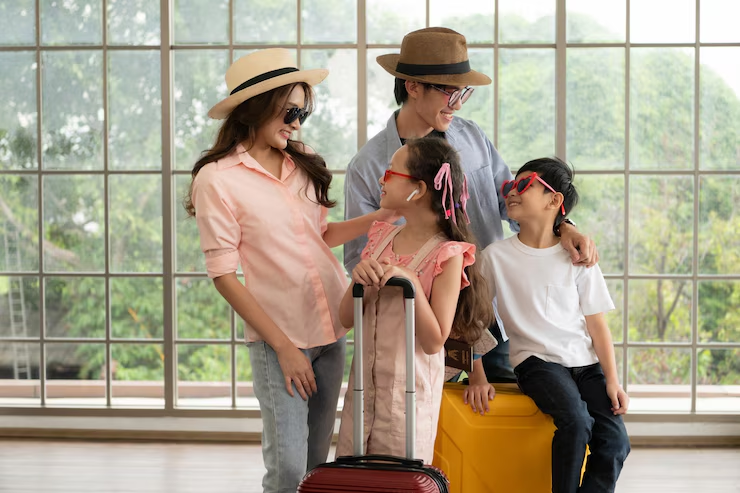
Australia places great importance on family unity. Through its Family and Parent Visa programs, Australian citizens, permanent residents, and eligible New Zealand citizens can sponsor their loved ones to live with them in Australia. These visas allow families to reunite and build their lives together in one of the world’s most welcoming and prosperous countries.

The Department of Home Affairs sets specific requirements for Australian citizenship. While these vary depending on your personal situation, the general criteria include:
For parents of Australian citizens, permanent residents, or eligible New Zealand citizens. These visas vary in processing times, costs, and whether they are temporary or permanent.
A temporary visa for applicants intending to marry their Australian partner within nine months of visa grant. After marriage, applicants can transition to a Partner Visa leading to permanent residency.
For individuals who have their only close relatives in Australia as citizens, permanent residents, or eligible New Zealand citizens. These visas provide a pathway to permanent residency.
For biological, adopted, or stepchildren of eligible sponsors. These visas allow children to live permanently in Australia with their parents.
For individuals providing long-term care to an Australian relative (or their family member) with a medical condition. This visa leads to permanent residency.
For spouses or de facto partners of Australian citizens, permanent residents, or eligible New Zealand citizens. The visa process occurs in two stages
The Australian sponsor lodges a sponsorship application to confirm eligibility and commitment.
The family member applies for the relevant visa, providing relationship, health, and character details.
Supporting documents such as relationship proof, financial records, and health/police checks are submitted.
The Department of Home Affairs assesses the application and issues a decision. Processing times vary depending on visa subclass.
Processing times vary widely, from months to several years, depending on the visa type.
Visa costs vary by subclass. Parent visas, in particular, can be significantly more expensive.
Yes, Parent Visas are subject to annual caps, which may affect waiting times.